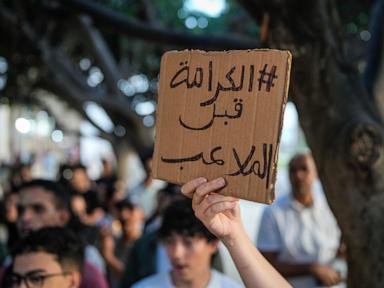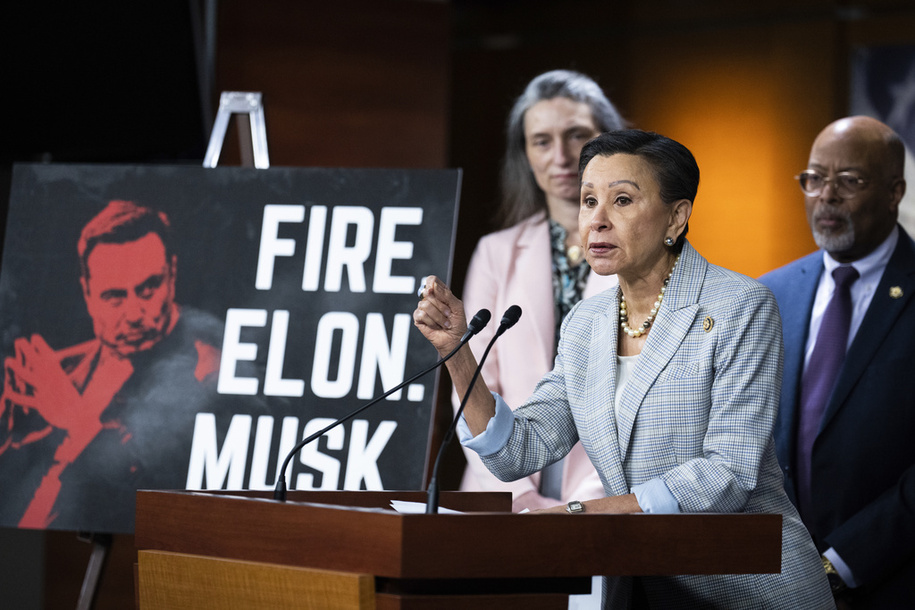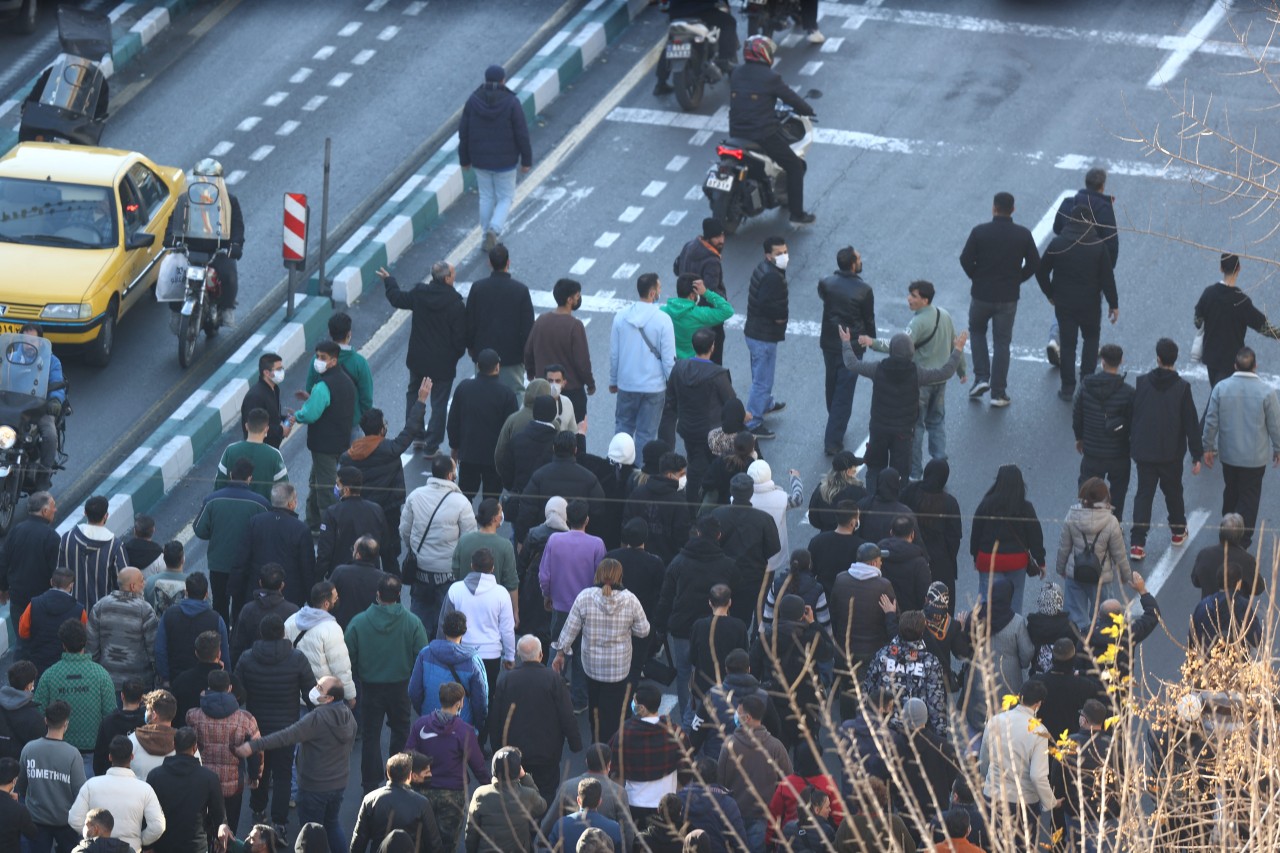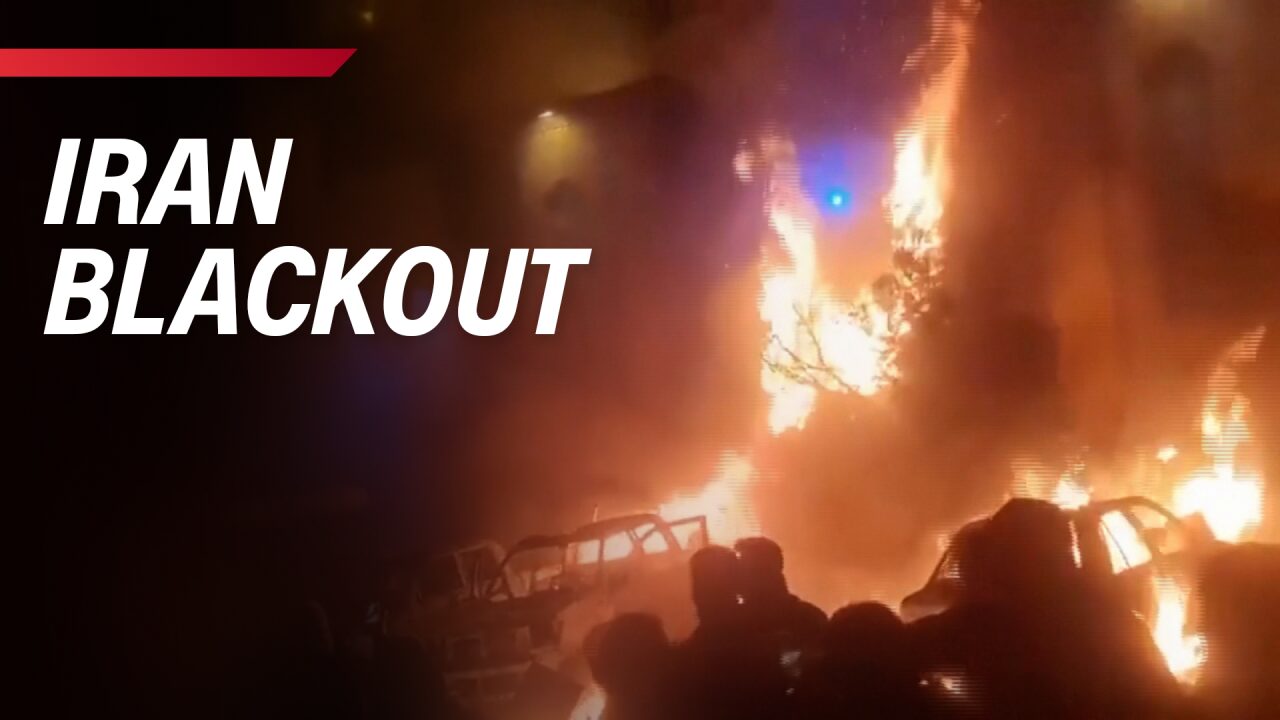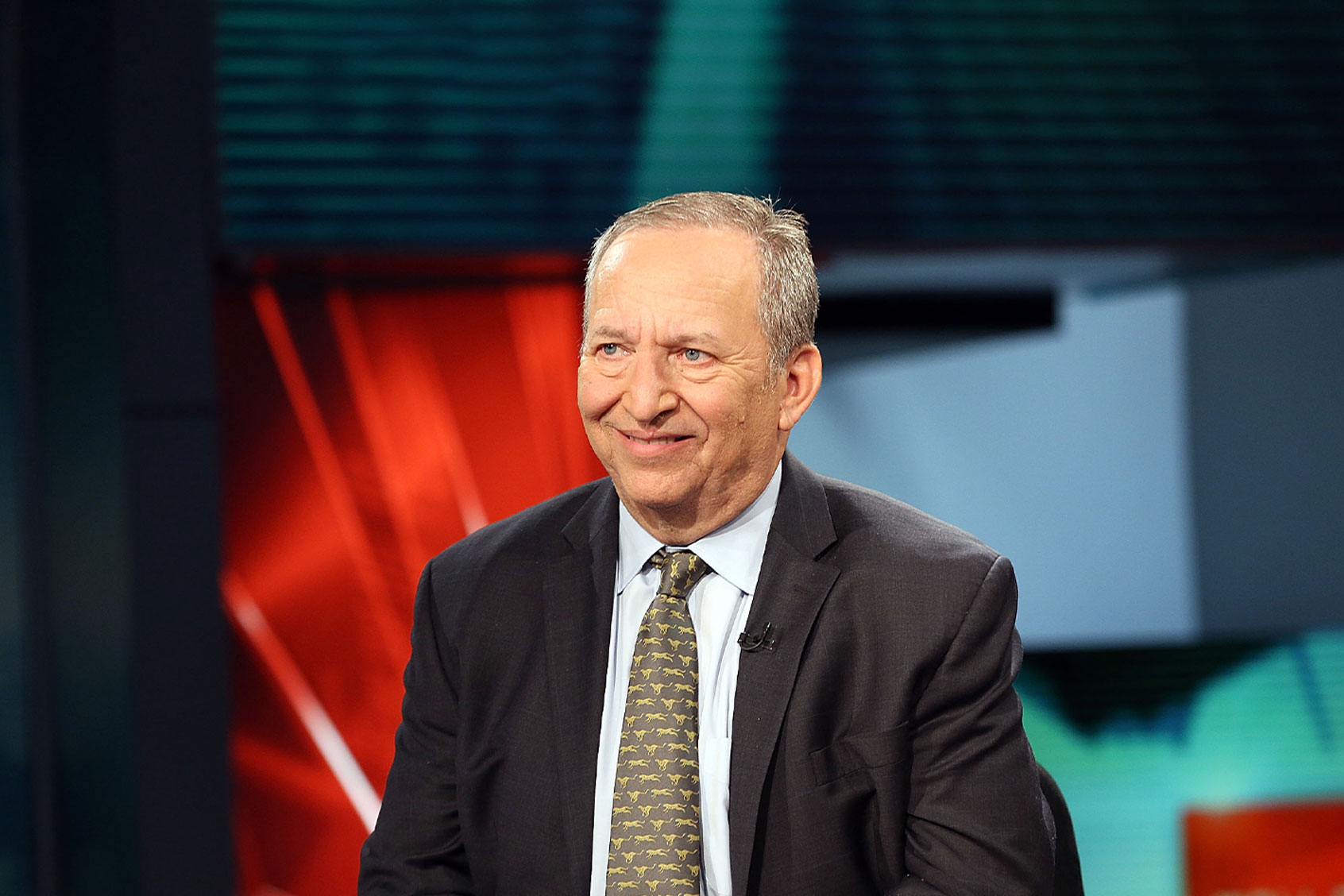Demonstrations across more than a dozen cities in Morocco have captured national and international attention as young people rally against corruption, economic inequality, and a lack of opportunities. Over recent weeks, these protests have transformed from digital discontent into a significant movement that authorities can no longer overlook. The collective, known as Gen Z 212, named after Morocco’s dialing code, has mobilized youth frustrated with government priorities and the disparities within society.
The protests are part of a broader wave of youth-led movements seen in various countries, including Madagascar, Kenya, Peru, and Nepal. While the specifics of each movement differ, they share a common refusal to engage with traditional political channels, such as political parties or unions. In Morocco, frustration has intensified over stark contrasts, particularly government investments in infrastructure and sports facilities, such as new stadiums for the 2030 FIFA World Cup, juxtaposed against a struggling health system that lags behind similarly sized economies.
The protests have gained momentum with the help of social media and communication platforms like Discord, where members of Gen Z 212 strategize and organize. The core group boasts around 180,000 members, with numerous local spinoffs coordinating demonstrations independently. As Morocco grapples with a youth bulge—over half of its population is under 35—unemployment among those aged 15 to 24 has surged to a staggering 36%. This lack of opportunity has led many young Moroccans to contemplate emigration, as indicated by a June 2023 survey from the non-partisan research network Afrobarometer.
Despite being Africa’s most visited country, renowned for its rich history and stunning landscapes, Morocco faces significant challenges. Many of its 37 million residents deal with rising living costs and stagnant wages. Although the country has made strides in improving living conditions, development has been uneven, exacerbating existing inequalities. While Morocco invests heavily in infrastructure, including a high-speed rail line and renovations for World Cup-related projects, the minimum monthly wage sits at approximately $300. Many individuals live in poverty, particularly in rural areas where basic services, such as health care and education, are severely lacking.
Recent protests have turned violent, with officials indicating that many participants were minors. Rights groups report that a significant number of those detained were under the age of 18. In September, a tragic incident in Agadir saw eight women die during childbirth in a public hospital, highlighting critical gaps in healthcare. This incident, alongside ongoing local grievances, has fueled further anger among citizens.
Protesters have voiced their frustration with the government, likening it to a mafia, and have specifically targeted key figures such as Prime Minister Aziz Akhannouch and Health Minister Amine Tahraoui. Akhannouch, one of Morocco’s wealthiest individuals, has significant control over the country’s gas stations and has recently been awarded controversial government contracts for new desalination projects. Critics point to the royal family’s investment fund, Al Mada, which stands to benefit from the World Cup-related developments, further fueling discontent among citizens.
Chants of “Stadiums are here, but where are the hospitals?” have echoed through protests, illustrating the disconnect between government spending priorities and the everyday realities faced by many Moroccans. Slogans like “Freedom, dignity, and social justice” have become rallying cries, reflecting a desire for broader political reforms. Gen Z 212 has publicly called on King Mohammed VI to dismiss the current government, release detainees, and convene a forum to hold officials accountable.
The protests have also prompted a response from the king, who, in a recent address to Parliament, defended Morocco’s future vision. He emphasized that large-scale projects and social programs should not be viewed as mutually exclusive, stating, “Social justice is not a temporary priority.” Yet, many protesters remain skeptical, feeling that government promises ring hollow against the backdrop of visible investment in stadiums and infrastructure.
As the protests continue, security forces have alternated between crackdowns and a more passive approach. Reports indicate that police have arrested demonstrators en masse, with sentences ranging from four to 20 years for various charges related to the protests, according to Human Rights Watch. In some instances, security personnel have used force, resulting in casualties. Despite the government’s offers to engage in dialogue and improve healthcare services, demonstrators remain unconvinced, as many feel that little has changed since the initial outcry.
The situation in Morocco reflects a growing dissatisfaction among the youth, who are determined to make their voices heard in the face of systemic issues. As protests are expected to continue, the government will need to address these grievances seriously to restore faith among its citizens and foster a more equitable society.

